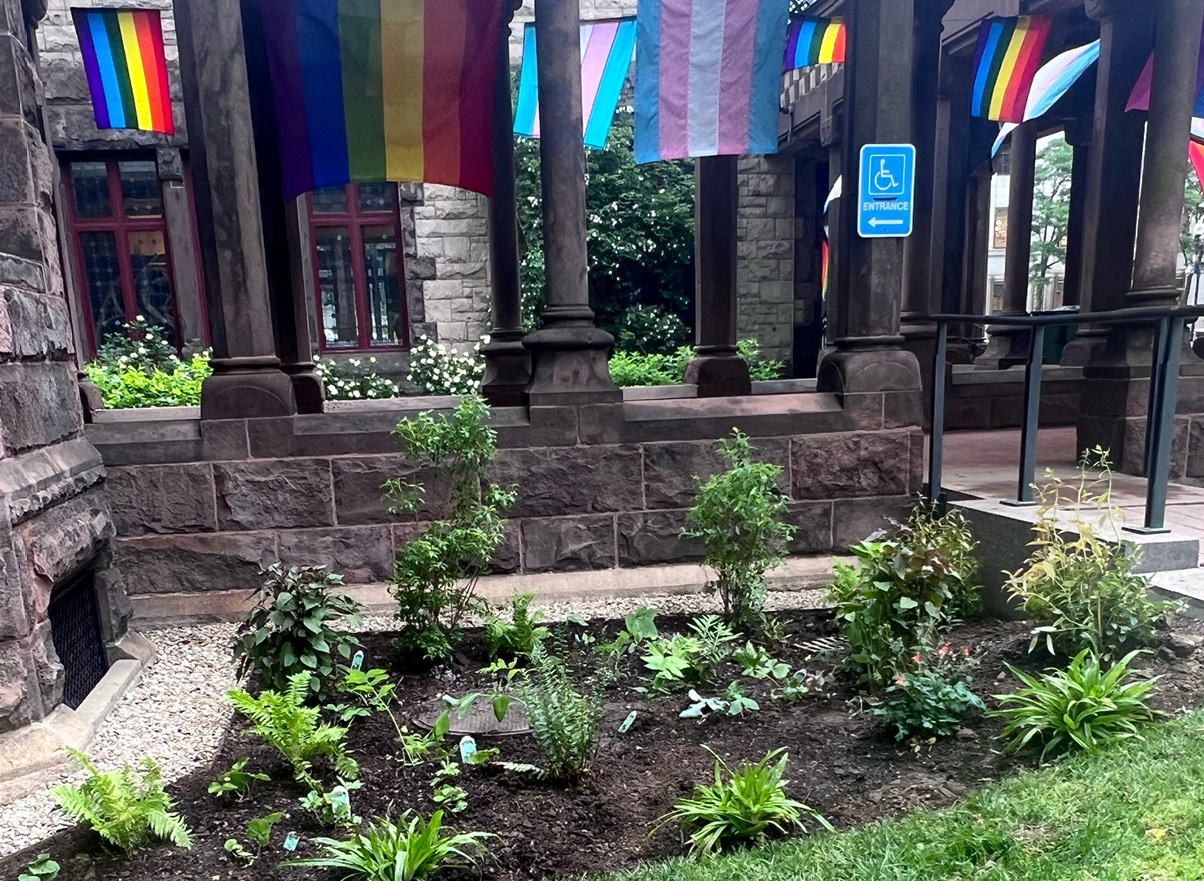
Creation Care at Trinity
In Jesus, God so loved the whole world. We follow Jesus, so we love the world God loves. Concerned for the global climate emergency, drawing on diverse approaches for our diverse contexts, we commit to form and restore a loving, liberating, life-giving relationship with all of Creation.
Episcopal Covenant for the Care of Creation
The questions that are crucial to our work in the Church today:
How shall we PRAY?
How will we bring environmental and climate justice concerns into our liturgies, preaching, and prayers? What spiritual grounding do we need in a climate-changed world?
How shall we LEARN?
How will we educate each other to live faithfully in a climate-changed world? How do we reconcile ourselves to the rest of creation?
How shall we ACT?
What practical steps will we take as individuals, households, and congregations to live in greater harmony with Earth, to reduce carbon emissions, and to transition to a zero-carbon future?
How shall we ADVOCATE?
How will we mobilize to advocate for just climate and environmental legislation? How will we contribute to societal transformation?

What the Creation Care Team at Trinity is doing:
Last year, we were a pilot parish in the Episcopal Path to Climate Justice program. This program will be rolled out to parishes in Massachusetts and beyond in the fall of 2024. We are well on our way to being carbon neutral.
We are sponsoring book groups in summer 2024 to learn more about our place in God’s creation. This page will be updated when we have more information about the books we are reading. Sign up for the book groups here.
We are beginning to transition the St. Francis Garden to more native plantings, and to convert some of the lawn to native plantings as well, in order to move to reconciliation ecology. We hope to fulfill the requirements for the National Wildlife Federation’s Sacred Grounds Program. Sign up for the gardening team here—no experience required!
Learn more at

